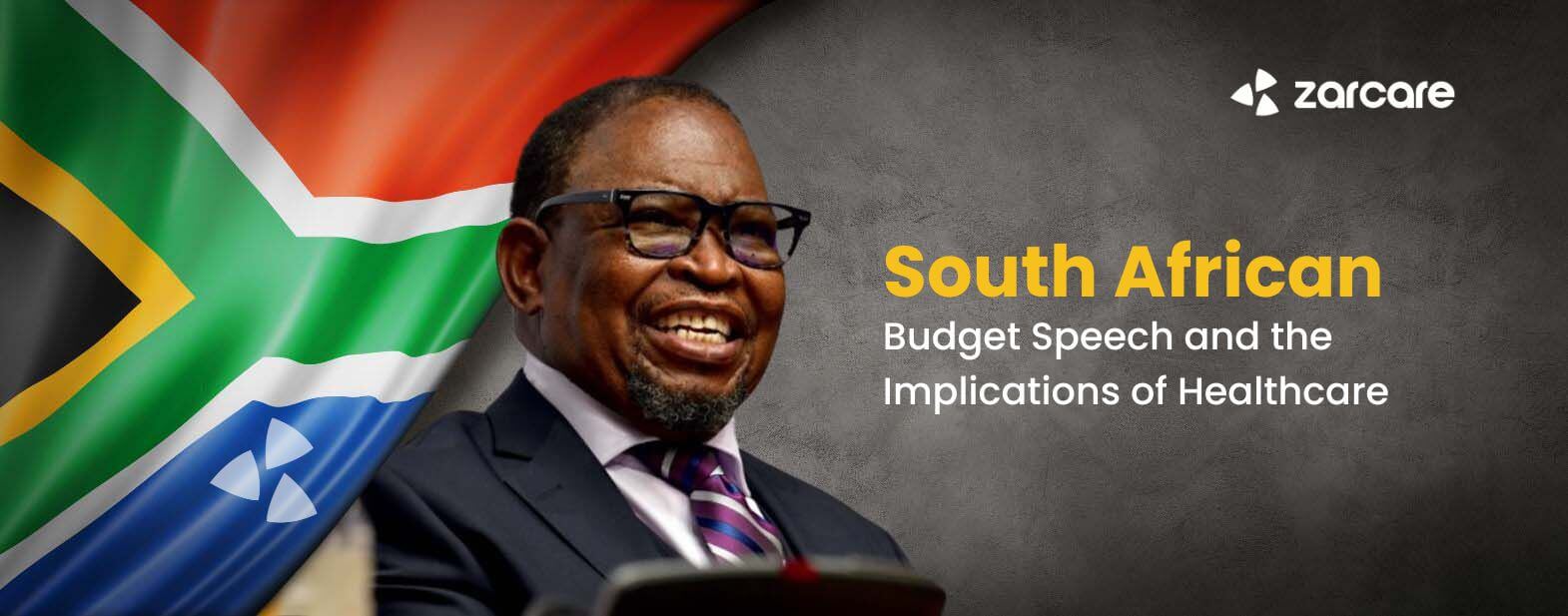South African Budget Speech and the Implications of Healthcare

The South African Budget Speech is a beacon of fiscal policy, embodying the nation’s economic aspirations and social priorities. Within this framework, healthcare emerges as a cornerstone of public welfare, with budgetary allocations holding profound implications for the well-being of South Africa’s populace. In this comprehensive exploration, we delve into the intricacies of the South African Budget Speech of 2024 and dissect its implications for the healthcare sector. Minister Enoch Godongwana’s 2024 Budget Speech outlined key objectives to foster economic growth, address inequality, and advance social development. Despite fiscal constraints, healthcare received significant attention, underscoring the government’s commitment to this pivotal sector. The allocation of funds reflects a strategic alignment with national priorities, emphasising the importance of accessible, quality healthcare for all South Africans. Healthcare took centre stage in the 2024 Budget Speech, with significant allocations to strengthen the nation’s healthcare infrastructure and services. The healthcare sector received a substantial allocation of R848 billion over the medium term. This funding is distributed across various critical components, including R11.6 billion designated to address the 2023 wage agreement, R27.3 billion earmarked for infrastructure enhancements, and R1.4 billion allocated for the National Health Insurance (NHI) grant. The allocation towards the NHI underscores the government’s steadfast commitment to implementing this policy, signalling its importance within the broader healthcare framework. Several pivotal system-strengthening initiatives are still underway, each serving as essential pillars for enhancing the public healthcare system. These initiatives include: Furthermore, to mitigate the impact of inflation and enhance accessibility, permanent social grants received increments: These adjustments underscore the government’s acknowledgement of the importance of social protection mechanisms in promoting social well-being, especially among vulnerable population segments. Zarcare’s mission is enhancing healthcare accessibility and efficiency through innovative telehealth services. Integrating these services within the NHI framework presents a significant opportunity to extend the reach of healthcare delivery and bridge existing gaps in access, particularly in remote or underserved communities. By facilitating virtual medical consultations and advice, Zarcare enables individuals to seek timely healthcare interventions without geographical constraints or financial barriers. This integration aligns seamlessly with the NHI’s overarching goal of providing equitable healthcare services to all South Africans. In essence, leveraging technology, such as telehealth solutions, is imperative to dismantle the barriers that impede healthcare access for many individuals nationwide. Zarcare’s commitment to advancing telehealth expertise underscores its dedication to supporting the NHI’s vision of universal and inclusive healthcare coverage. In conclusion, Zarcare’s contributions to the NHI framework epitomise a proactive approach toward achieving equitable healthcare access for all citizens. By embracing telehealth solutions, we can pave the way for a more accessible, efficient, and patient-centred healthcare system in South Africa. Despite commendable efforts, significant challenges persist in the South African healthcare landscape. However, amidst these challenges lie opportunities for innovation, collaboration, and transformative change. By leveraging technology, fostering public-private partnerships, and prioritising preventative care, South Africa can overcome existing barriers and build a more resilient and equitable healthcare system. Let us seize these opportunities and work together towards a healthier future.Key Objectives and Priorities:
Allocation of Funds to Healthcare:
Leveraging Telehealth for Equitable Healthcare Access
Navigating Challenges: Transforming South Africa’s Healthcare Landscape
